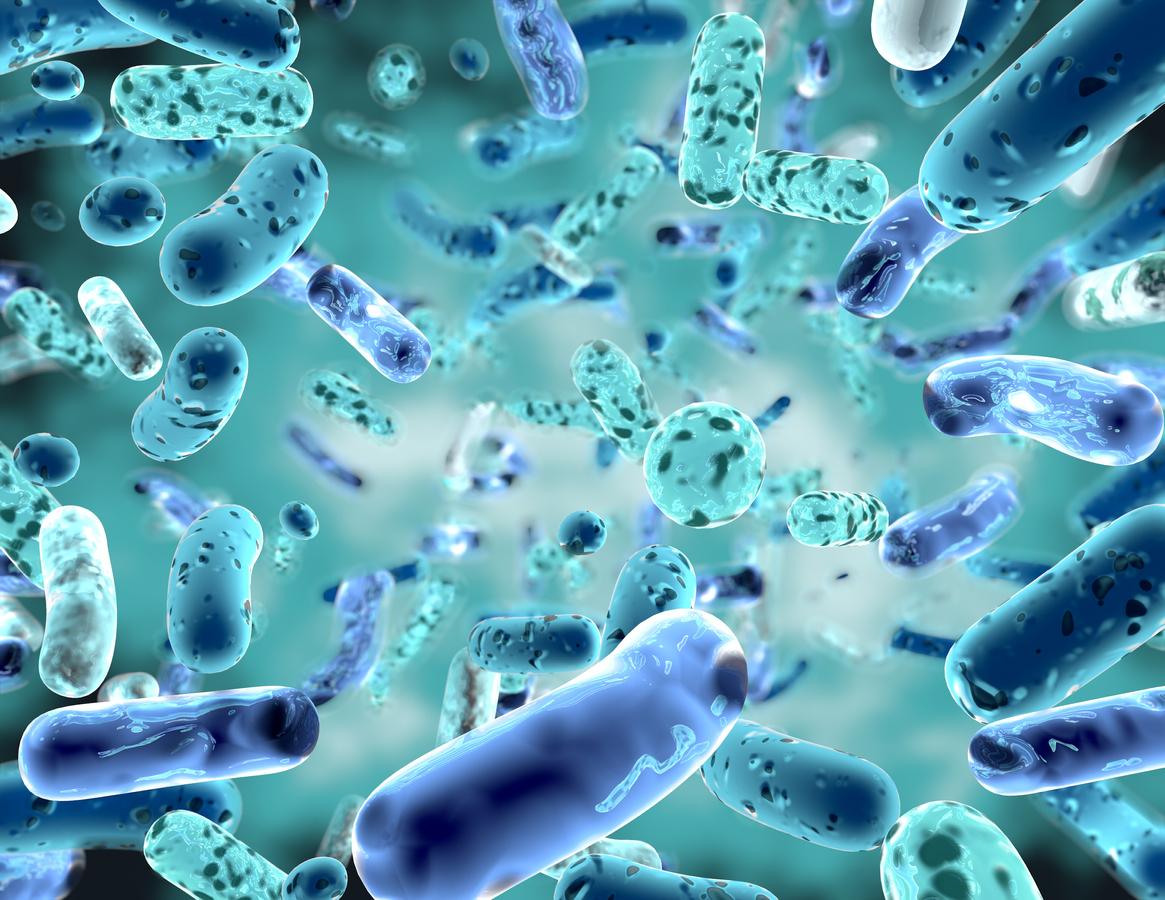Bacteria infections are the second leading cause of death worldwide. Among the various pathogens, five are particularly deadly.

- More than 800,000 children under the age of 5 die each year from pneumococcal infection worldwide, according to the World Health Organization (WHO).
- According to the Ministry of Health, antibiotic resistance is the cause of 5,543 deaths per year in patients with infections caused by resistant bacteria in France.
One in eight deaths is linked to a bacterial infection. This is the conclusion of a study published on 21 November in Tea Lancet. This estimate, which concerns the year 2019, is the first of its kind worldwide. It was carried out by the Global Burden of Disease, a research group dedicated to death and disability related to hundreds of diseases and risk factors. In this new research, scientists looked at the impact of 22 common pathogens and 11 infections in 204 countries.
Bacterial infections, 2nd cause of death worldwide
In total, the data shows that 7.7 million deaths are linked to these pathogens,”i.e. 13.6% of the world total, in 2019″, say the authors. Only ischemic heart disease, which brings together different heart pathologies, including heart attack, caused more deaths that year. “These new data reveal, for the first time, the magnitude of the public health challenge posed by bacterial infections“, comments the study’s co-author, Christopher Murray, director of the American Institute for Health Metrics and Evaluation.
5 Bacteria Responsible For Half Of Deaths From Bacterial Infection
The other main piece of information from this study concerns the bacteria involved in these deaths. Five of the 33 bacteria studied were responsible for half of the deaths: Staphylococcus aureus, Escherichia coli, Streptococcus pneumonia, Klebsiella pneumonia and Pseudomonas aeruginosa.
The first one, Staphylococcus aureusmore commonly known as Staphylococcus aureus, is “the strain of staphylococcus most frequently encountered in human and veterinary pathology”specifies thePastor Institute. It is the main bacterium linked to food poisoning in France, but it is also responsible for many infections contracted in hospitals, nosocomial infections.
The second, Escherichia coliis mainly implicated in food poisoning.
The bacterium Streptococcus pneumonia is responsible for pneumococcal infections, which can affect the sinuses, ears, blood, lungs or the envelopes of the lungs. According to Public Health France“these infections most often affect young children, the elderly and people with chronic illnesses or who are undergoing treatment that reduces their immune defenses against infections..
The fourth bacterium, Klebsiella pneumonia, is responsible for different infections, and is a cause “significant pneumonia and lung abscess of community or nosocomial origin” according to the Canadian Ministry of Health.
Finally, Pseudomonas aeruginosa, is an environmental pathogen that can cause infections in the blood, lungs, and other parts of the body. According to the CDCCenter for Disease Control, the American organization in charge of public health, this bacterium, resistant to antibiotics, caused approximately 32,600 infections among hospitalized patients and approximately 2,700 deaths, in the United States, in 2017.
How to reduce the number of deaths linked to bacterial infections?
For the authors of this study, these results should alert and resources should be allocated to “reduce the number of deaths and infections”. This requires investments in public health, particularly in the countries most affected. Research shows significant differences between poor and rich regions. In sub-Saharan Africa, there were 230 deaths per 100,000 inhabitants due to bacterial infections, compared to 52 per 100,000 in high-income countries (Western Europe, North America, Australia). The other lever of action is the fight against “unjustified use of antibiotics“, responsible for the increased resistance of bacteria to these drugs. According to theWorld Health Organizationthis phenomenon is among the ten greatest public health threats facing humanity.


















